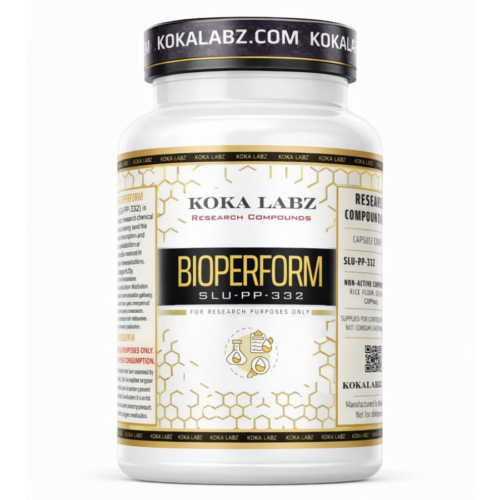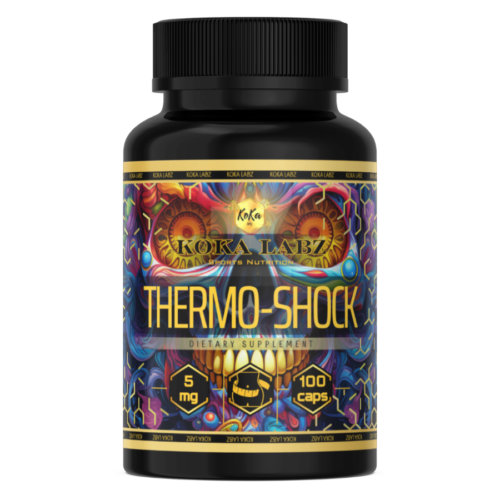11 11 2024
The Top 10 Foods Rich in Vitamin B6 for a Balanced Diet
Vitamin B6, also known as pyridoxine, is a water-soluble vitamin that plays a crucial role in maintaining overall health and well-being. It is essential for the proper functioning of over 100 enzymes involved in various metabolic processes in the body. Vitamin B6 is also involved in the production of neurotransmitters such as serotonin and norepinephrine, which are important for mood regulation and cognitive function. Additionally, Vitamin B6 is necessary for the synthesis of hemoglobin, which carries oxygen in the blood, and for the metabolism of amino acids, the building blocks of proteins.
A balanced diet that includes adequate amounts of Vitamin B6 is essential for overall health and well-being. Without enough Vitamin B6, individuals may experience a range of symptoms including fatigue, irritability, confusion, and anemia. In severe cases, Vitamin B6 deficiency can lead to neurological problems and an increased risk of heart disease. Therefore, it is important to ensure that you are getting enough Vitamin B6 in your diet to support optimal health.
The health benefits of Vitamin B6
Vitamin B6 offers a wide range of health benefits, making it an essential nutrient for overall well-being. One of the key benefits of Vitamin B6 is its role in supporting brain health and cognitive function. It is involved in the production of neurotransmitters such as serotonin and norepinephrine, which play a crucial role in mood regulation and stress response. Additionally, Vitamin B6 is important for the synthesis of hemoglobin, which carries oxygen in the blood, and for the metabolism of amino acids, the building blocks of proteins.
Furthermore, Vitamin B6 has been shown to support cardiovascular health by helping to regulate homocysteine levels in the blood. Elevated levels of homocysteine have been linked to an increased risk of heart disease, and adequate intake of Vitamin B6 can help to keep these levels in check. Additionally, Vitamin B6 plays a role in supporting immune function and may help to reduce inflammation in the body. Overall, Vitamin B6 is an essential nutrient that supports overall health and well-being.
Top 10 foods rich in Vitamin B6
There are many foods that are rich sources of Vitamin B6, making it easy to incorporate this essential nutrient into your diet. Some of the top 10 foods rich in Vitamin B6 include:
1. Chickpeas: Chickpeas, also known as garbanzo beans, are a great source of Vitamin B6. They can be added to salads, soups, or used to make hummus for a delicious and nutritious snack.
2. Sunflower seeds: Sunflower seeds are not only a tasty snack, but they are also packed with Vitamin B6. Sprinkle them on top of salads or yogurt for an extra boost of this essential nutrient.
3. Tuna: Tuna is a great source of protein and also contains high levels of Vitamin B6. Enjoy it in sandwiches, salads, or as part of a sushi roll for a healthy and delicious meal.
4. Potatoes: Potatoes are a versatile and nutritious vegetable that is also rich in Vitamin B6. Enjoy them baked, mashed, or roasted for a tasty side dish.
5. Pistachios: Pistachios are not only delicious but also a great source of Vitamin B6. Enjoy them as a snack on their own or add them to trail mix for an extra boost of this essential nutrient.
6. Chicken breast: Chicken breast is a lean source of protein that also contains high levels of Vitamin B6. Enjoy it grilled, baked, or sautéed for a healthy and satisfying meal.
7. Bananas: Bananas are not only a convenient and portable snack but also a good source of Vitamin B6. Enjoy them on their own or add them to smoothies or oatmeal for a nutritious breakfast.
8. Avocado: Avocado is a nutrient-dense fruit that is also rich in Vitamin B6. Enjoy it sliced on toast, added to salads, or blended into a creamy and delicious guacamole.
9. Spinach: Spinach is a leafy green vegetable that is packed with nutrients, including Vitamin B6. Enjoy it in salads, smoothies, or sautéed as a side dish.
10. Salmon: Salmon is a fatty fish that is not only rich in omega-3 fatty acids but also contains high levels of Vitamin B6. Enjoy it grilled, baked, or broiled for a healthy and delicious meal.
How to incorporate Vitamin B6-rich foods into your diet
Incorporating Vitamin B6-rich foods into your diet is easy and can be done in a variety of ways. One simple way to increase your intake of Vitamin B6 is to include more chickpeas in your meals. Chickpeas can be added to salads, soups, or used to make hummus for a delicious and nutritious snack. Another easy way to boost your intake of Vitamin B6 is to snack on sunflower seeds throughout the day or sprinkle them on top of salads or yogurt for an extra boost of this essential nutrient.
Additionally, incorporating more tuna into your diet is a great way to increase your intake of Vitamin B6. Tuna can be enjoyed in sandwiches, salads, or as part of a sushi roll for a healthy and delicious meal. You can also enjoy potatoes as a versatile and nutritious vegetable that is also rich in Vitamin B6. Potatoes can be enjoyed baked, mashed, or roasted for a tasty side dish.
Furthermore, adding pistachios to your diet is another easy way to increase your intake of Vitamin B6. Pistachios are not only delicious but also a great source of this essential nutrient. Enjoy them as a snack on their own or add them to trail mix for an extra boost of Vitamin B6.
Recommended daily intake of Vitamin B6
The recommended daily intake of Vitamin B6 varies depending on age and gender. For adults aged 19-50 years old, the recommended daily intake of Vitamin B6 is 1.3 milligrams for men and 1.3 milligrams for women. For adults over 50 years old, the recommended daily intake increases slightly to 1.7 milligrams for men and 1.5 milligrams for women.
Pregnant and breastfeeding women have higher recommended daily intakes of Vitamin B6 to support the growth and development of their babies. Pregnant women should aim for 1.9 milligrams per day, while breastfeeding women should aim for 2 milligrams per day.
It is important to note that these recommended daily intakes are general guidelines and individual needs may vary based on factors such as activity level, overall health, and specific dietary requirements.
Potential risks of Vitamin B6 deficiency
Vitamin B6 deficiency can lead to a range of symptoms and health problems if left untreated. Some potential risks of Vitamin B6 deficiency include:
– Anemia: Vitamin B6 is necessary for the synthesis of hemoglobin, which carries oxygen in the blood. Without enough Vitamin B6, individuals may experience anemia, which can lead to fatigue, weakness, and shortness of breath.
– Neurological problems: Severe Vitamin B6 deficiency can lead to neurological problems such as numbness and tingling in the hands and feet, difficulty walking, and even seizures.
– Increased risk of heart disease: Low levels of Vitamin B6 have been linked to an increased risk of heart disease due to its role in regulating homocysteine levels in the blood.
It is important to ensure that you are getting enough Vitamin B6 in your diet to prevent these potential risks and support overall health and well-being.
Conclusion and tips for maintaining a balanced diet with Vitamin B6-rich foods
In conclusion, Vitamin B6 is an essential nutrient that plays a crucial role in maintaining overall health and well-being. It is involved in various metabolic processes in the body, supports brain health and cognitive function, and plays a role in supporting cardiovascular health and immune function.
Incorporating Vitamin B6-rich foods into your diet is easy and can be done in a variety of ways. Some top foods rich in Vitamin B6 include chickpeas, sunflower seeds, tuna, potatoes, pistachios, chicken breast, bananas, avocado, spinach, and salmon.
To ensure that you are getting enough Vitamin B6 in your diet, aim to include a variety of these foods in your meals and snacks throughout the day. Additionally, consider speaking with a healthcare professional or registered dietitian to determine your specific dietary needs and ensure that you are meeting your recommended daily intake of Vitamin B6.
By incorporating more Vitamin B6-rich foods into your diet, you can support overall health and well-being while enjoying delicious and nutritious meals and snacks.
BACK

